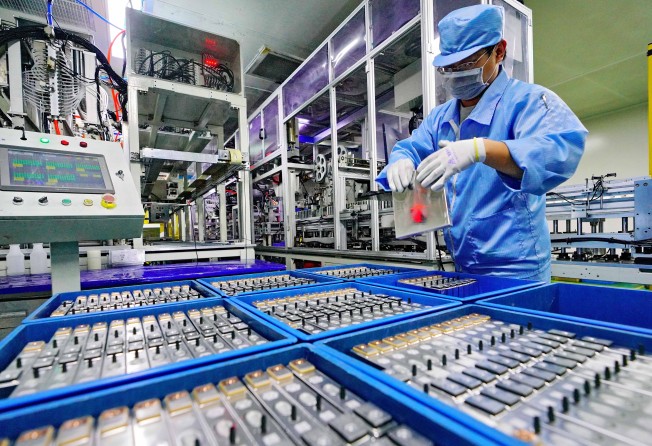World would benefit from US cooperation
- As the trade war with China hots up, another conflict over technology and a key component in electric vehicles that combat climate change is looming

While the trade war intensifies with more tariffs, China hawks in the United States are preparing a new battleground by shifting the focus towards a tech war. Evidence has been building for months, with visiting academics being denied entry and access to institutions to prevent the sharing of cutting-edge research and to safeguard intellectual property.
The latest storm cloud is the bipartisan sponsorship in the US Senate of legislation to streamline regulation for the development of mines for lithium, graphite and other minerals in an attempt to offset China’s dominance of the electric-vehicle battery supply chain. Senator Lisa Murkowski, the Republican chairwoman of the energy and natural resources committee, said: “Our challenge is still a failure to understand the vulnerability we are in as a nation when it comes to reliance on others for our minerals.”
News of a Chinese technological breakthrough in the production of lithium has added urgency to American concerns. According to a Chinese government report, the cost of extracting the mineral has been slashed to US$2,180 a tonne compared with an international price ranging from US$12,000 to US$20,000 a tonne.
Also playing catch-up, France and Germany want the European Commission to support a US$1.9 billion battery cell consortium. While China’s lithium output is still relatively low, it produces nearly two-thirds of the world’s lithium-ion batteries, and also controls most of the world’s lithium processing facilities.
Development of electric cars may be seen as the answer to global climate change, but the technology remains immature and countries need to work together to advance it. If it becomes fragmented it will foster counterproductive rivalry. A good example of cooperation is the deal between industry groups in Japan and China to create a common charging standard for electric vehicles, which could become the de facto global standard and boost competitiveness. But rather than join, the US is intent on containing China’s rise by keeping it out of the American market and inhibiting its technological progress. That is regrettable. Such initiatives are environmentally imperative and an example of cooperation against climate change.